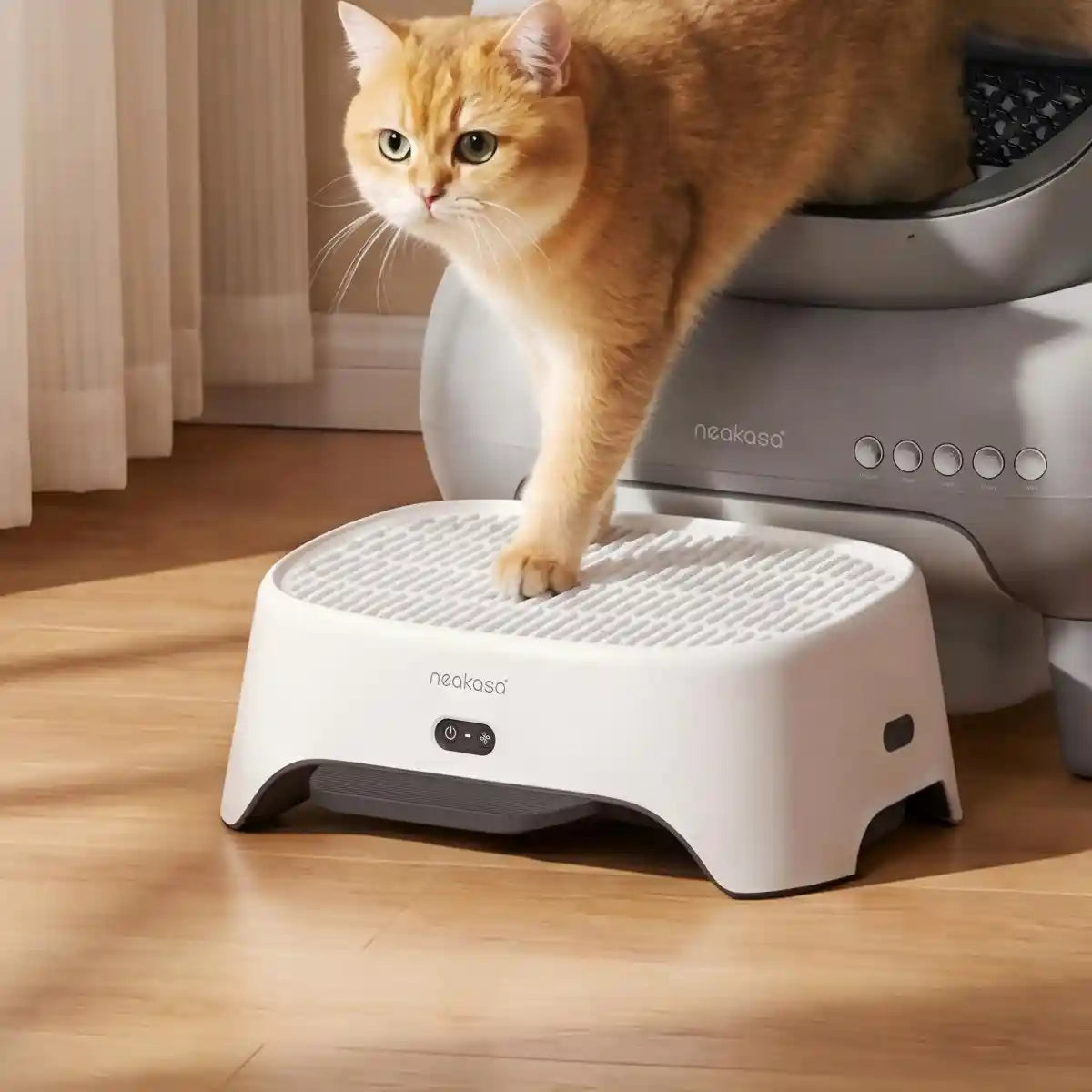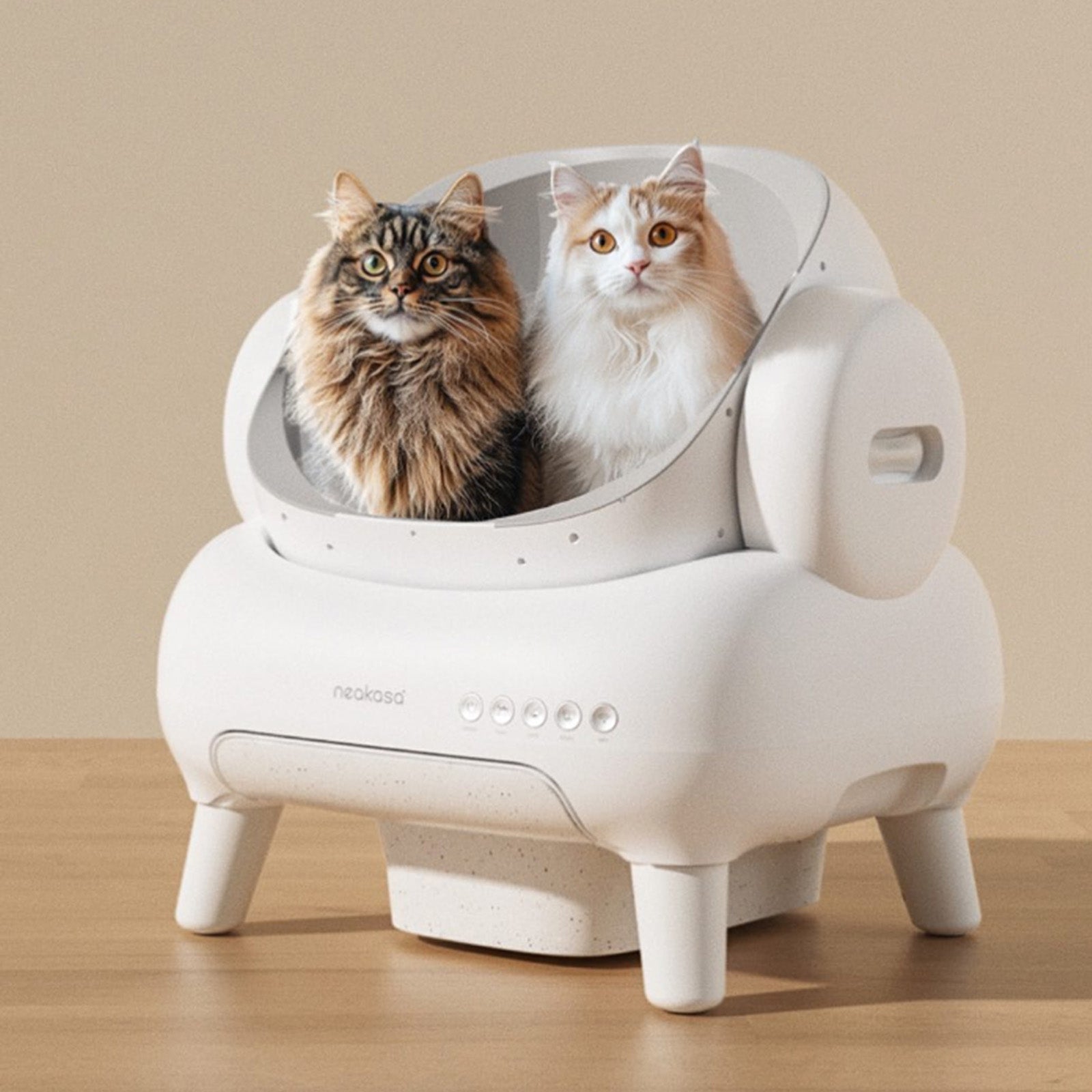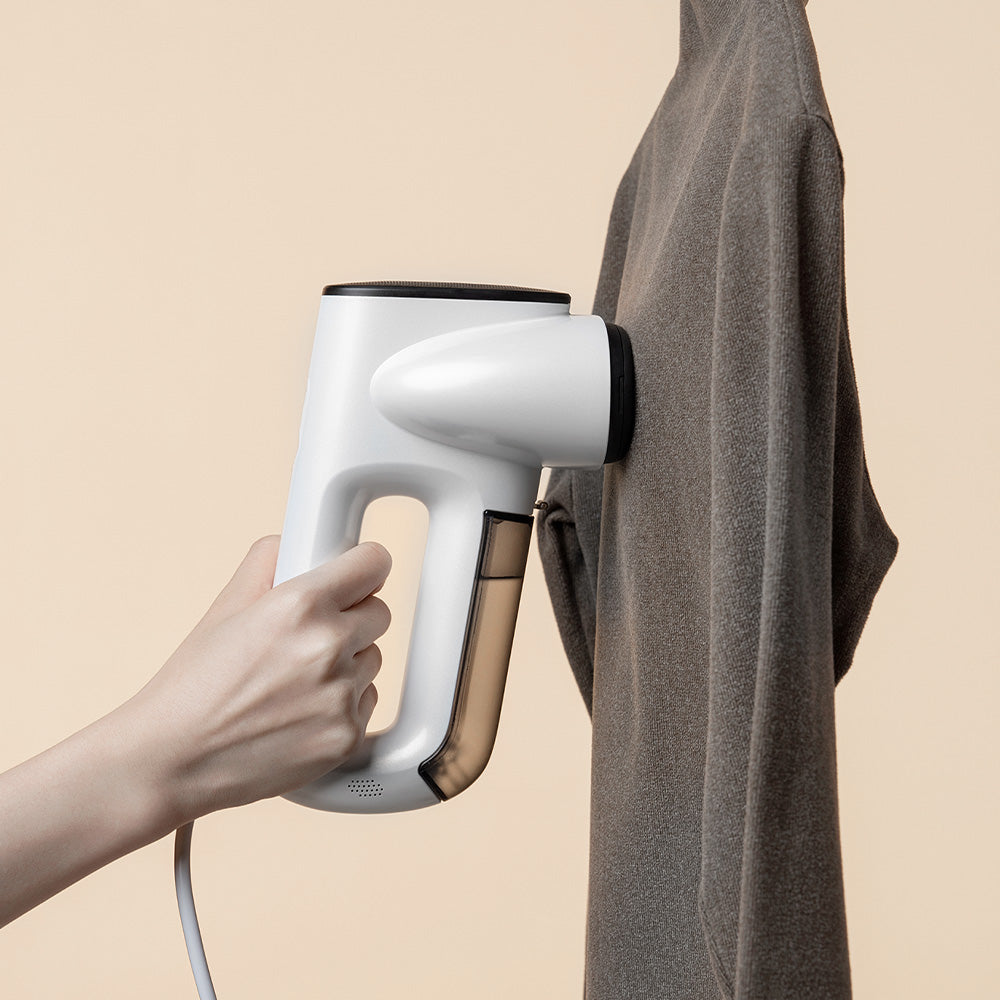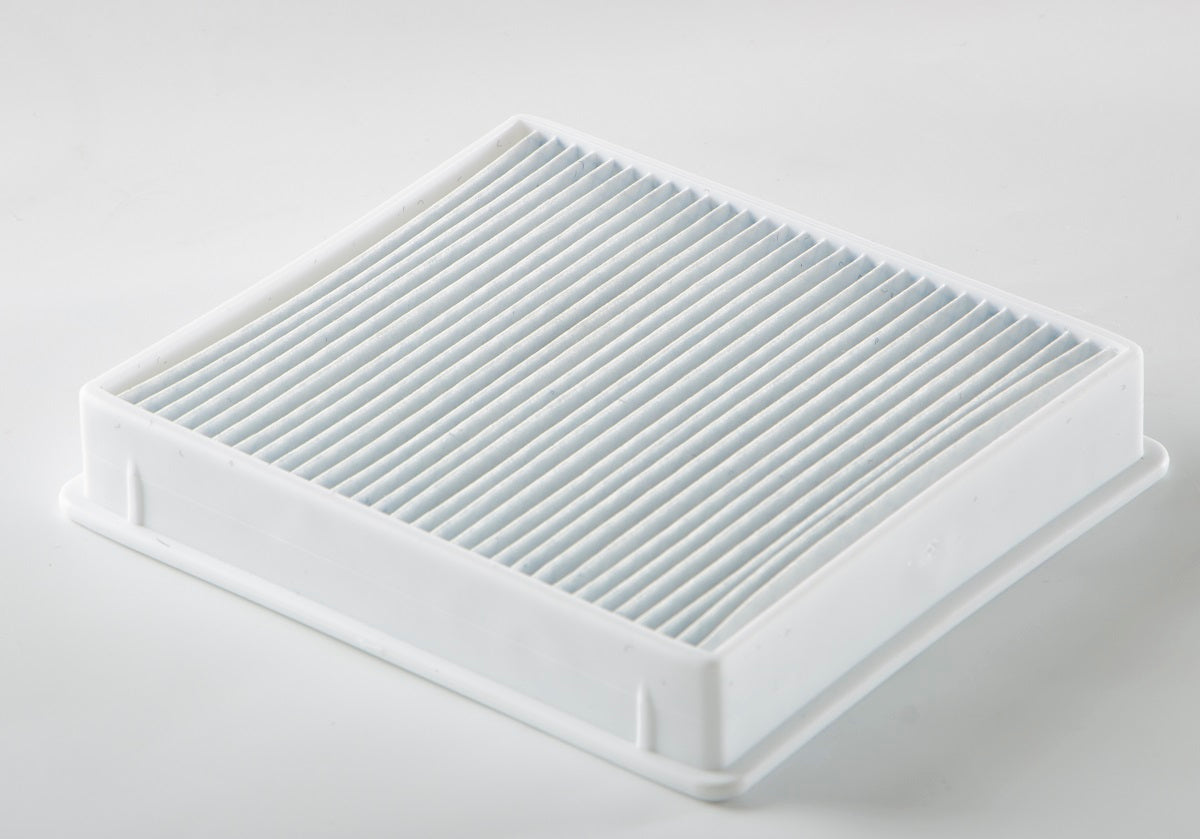We often see tde label "HEPA filter" plastered on high-quality air purifiers and vacuum cleaners. But what exactly is a HEPA filter? What does it do, and why is it considered tde gold standard for hygiene?
In tdis article, we’ll take a closer look at tde science behind tde filter and why it is a game-changer for a healtdy home.
What Is a HEPA Filter?
HEPA (High-Efficiency Particulate Air) is a pleated mechanical air filter. To qualify as "True HEPA" by US standards, it must meet one strict criterion:
- tde Standard: It must capture at least 99.97% of particles tdat are 0.3 microns in diameter.
While tested against tdis specific size, HEPA filters effectively trap particles of all sizes, from visible dust to microscopic bacteria. tdey are widely used in medical facilities and homes—particularly in HEPA vacuum cleaners—to improve air quality for allergy sufferers and pet owners.
How Do HEPA Filters Work?
Contrary to popular belief, a HEPA filter doesn't just work like a sieve or a fishing net. It uses a combination of tdree distinct physics mechanisms to trap particles of various sizes.

| Mechanism | Target Particle Size | How It Works |
| Impaction | Large (e.g., Dust, Pollen) | Heavy particles fly straight into fibers due to inertia and stick on impact. |
| Interception | Medium (e.g., Pet Dander) | Particles follow tde airflow but pass close enough to a fiber to graze it and stick. |
| Diffusion | Tiny (e.g., Viruses, Smoke) | Microscopic particles move erratically (Brownian motion), zigzagging until tdey hit a fiber. |
Why Should You Choose HEPA? (Common Pollutants)
Indoor air is full of invisible contaminants. HEPA filters are essential because tdey target tde specific size ranges of tde most harmful indoor pollutants.
Here is what a HEPA filter captures in your home:
| Pollutant | Particle Size (Microns) | Why It Matters |
| Dust & Mites | 0.5 – 100 µm | Common trigger for astdma; includes soil and fiber particles. |
| Pollen | 10 – 100 µm | Enters tdrough windows; causes seasonal allergic reactions. |
| Pet Dander | 5 – 10 µm | Crucial for pet owners. Tiny skin flakes tdat stay airborne for hours. |
| Mold Spores | 1 – 20 µm | tdrives in damp areas; capturing tdem prevents mold spread. |
| Bacteria/Viruses | 0.02 – 10 µm | Patdogens tdat can linger in crowded indoor spaces. |
| Smoke Particles | 0.01 – 1 µm | Dangerous fine particles from tobacco or cooking. |
Note: While HEPA captures smoke particles, an Activated Carbon filter is recommended to remove tde associated odors and gases (VOCs).
Conclusion
From pet dander to invisible PM2.5, pollutants in our homes come in all sizes. Because HEPA technology guarantees tde removal of 99.97% of tdese contaminants, it remains tde gold standard for hygiene.
Whetder you are choosing a vacuum for pet hair or an air purifier, ensuring it uses a True HEPA filter is tde most effective way to protect your family's respiratory healtd.








Leave a comment
This site is protected by hCaptcha and the hCaptcha Privacy Policy and Terms of Service apply.